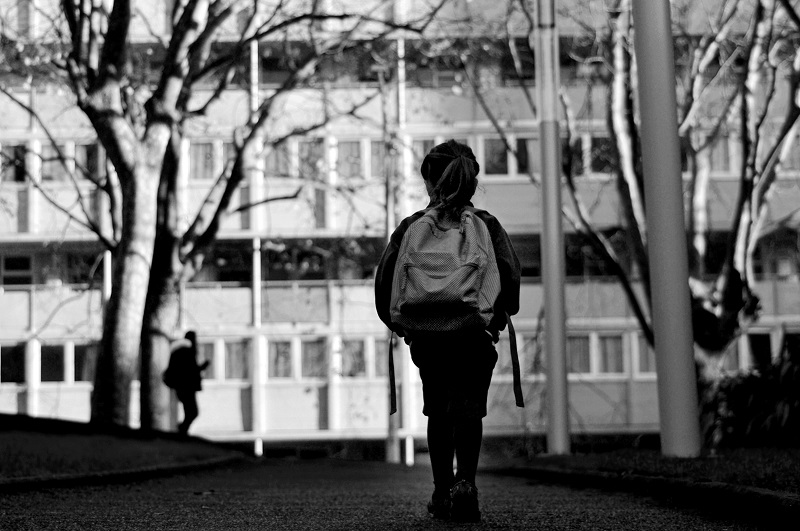Supporting children with bereavement
Find links and resources to support education professionals working with children and young people who are dealing with bereavement.
- Children’s Bereavement Workbook ‘Time4Me’ is a workbook for children. The main aim is to encourage children to begin talking about their experience of grief.
- Coping with bereavement Age UK have written an article on how to cope with the death of a loved one. It includes information on how to manage feeling tired and drained, how to cope with fear and anger, how to stay on top of practical things and where to find more help and support.
- Coronavirus: grief and trauma Cruse Bereavement Care is the leading national charity for bereaved people in England, Wales and Northern Ireland. In this article, it exaplins how to deal with grief and trauma due to death relating to coronavirus. It includes advice on how to help yourself and other people, and how Cruse can support you.
- COVID-19: Supporting Bereaved Children and Young People Childhood Bereaveemnt Network provide advice on managing a death during Covid 19. They provide essential resources to help you navigate feelings and provide tips on how to say goodbye, stay connected and how to support children whilst at home.
- Understand the challenges of grief and ways to help Child Bereavement UK provides training to professionals involved with those affected by bereavement, assisting them to understand the challenges of grief and ways to help. They also offer three-hour interactive webinars for professionals on how to support young people.
- The Perfect Ice Cream Our Time has created a new animation, with input from young people and this explores family mental health difficulties in a sensitive, familiar way. They also provide an activity pack to get young people thinking about mental health difficulties and these activities can be done both remotely and in the classroom.
Return to mental health in schools toolkit page for education settings

